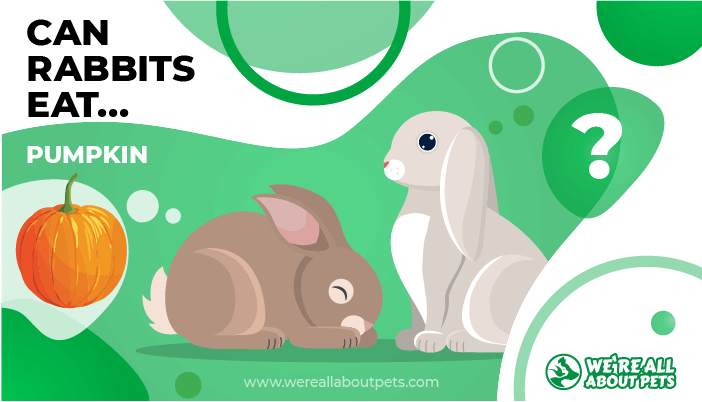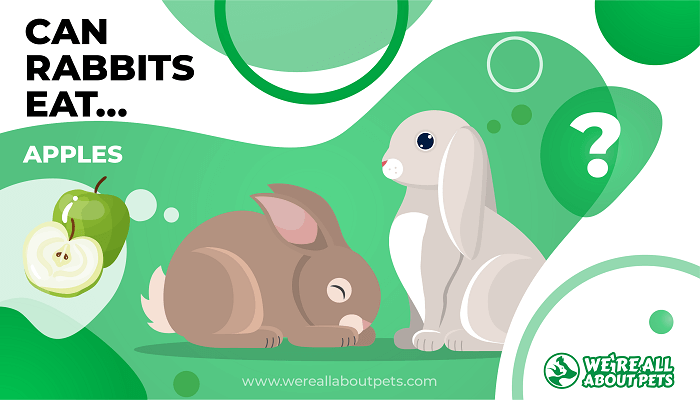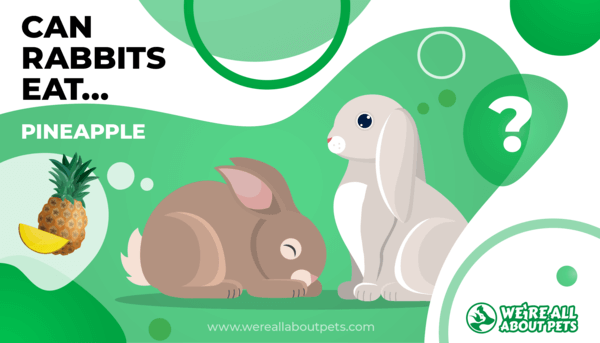Can Rabbits Eat Marigolds?
This page contains affiliate links. We may earn money or products from the companies mentioned in this post through our independently chosen links, which earn us a commission. Learn More
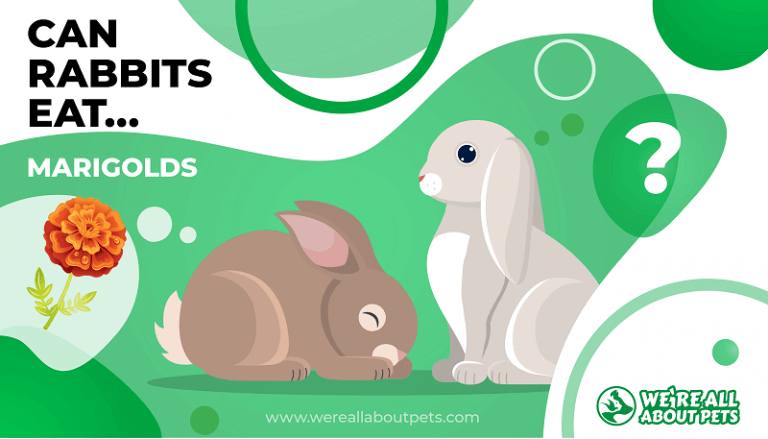
Marigolds make a gorgeous addition to your garden, with the added benefit of helping keep pests at bay.
Since it’s natural to treat your bunny friend to fresh foods you’ve grown and picked yourself, you’re probably wondering whether marigolds are safe for rabbits.
This is a tricky subject, because there are different kinds of marigolds. Some are okay for bunnies and others might cause irritation.
Keep on reading! We’re about to tell you everything we know about marigolds for rabbits.
Can Rabbits Have Marigolds?
Yes and no. It all depends on the type of marigold!
If you grow pot marigold – which is also known as calendula – it’s okay to share some petals with your bunny.
Strong scented French marigolds can cause irritation and marsh marigolds are toxic. French marigolds are the most common type – they are the fluffy, multilayered variety, commonly offered at garden centers.
Are Marigolds Good For Rabbits?
Calendula might offer small amounts of nutrients, but not enough to really make an impact on your rabbit’s health.
Other types of marigold really shouldn’t be given to rabbits.
If you decide to give your rabbit marigolds, be sure to give the fresh flowers a rinse before bringing them to your bunny’s hutch.
Do Rabbits Like Marigolds?
Here’s the thing: Rabbits are individuals with unique likes and dislikes.
Some bunnies really like marigold, while others turn their noses up at it. If you happen to have some pot marigold or calendula on hand and you’d like to see how your bunny reacts, go ahead and offer them a little piece!
How Much Marigold Can A Rabbit Eat?
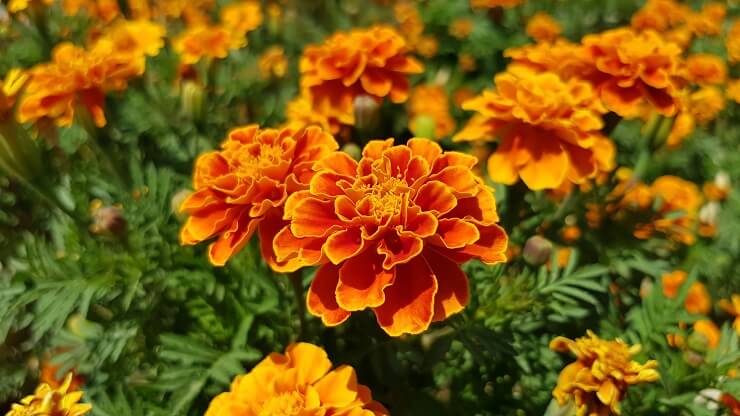
Think of flowers such as Marigold as a seasoning rather than a main dish.
Here’s how much marigolds to feed your rabbit:
| Age | Amount |
| Baby rabbits | None |
| Juvenile rabbits | None |
| Adult rabbits | 1 large marigold flower or 2 small marigold flowers. |
Even though you will be giving your rabbit much marigold or calendula, you’ll want to follow the monitoring procedure that’s recommended whenever a new food is offered.
After your rabbit eats marigold, keep an eye on them for the next 24 hours or so. Watch for any signs of discomfort, bloating, or diarrhea. If any of these occur, it’s a sign that the Marigold did not agree with your rabbit’s digestive system – and you probably shouldn’t give it to them again.
So long as everything goes smoothly, you can feel free to give your bunny a nibble of marigold as a nice, natural treat.
How Often Can A Rabbit Eat Marigolds?
Rabbits can eat calendula – remember, that’s pot marigold – often. If they enjoy this unique treat, you can give them a few petals every day. Some people dry calendula blossoms and give their bunnies a little pinch on top of their hay.
Remember the importance of variety!
It’s best to treat your rabbit to a variety of different foods so they get the best nutrition possible.
The Correct Diet Is Important
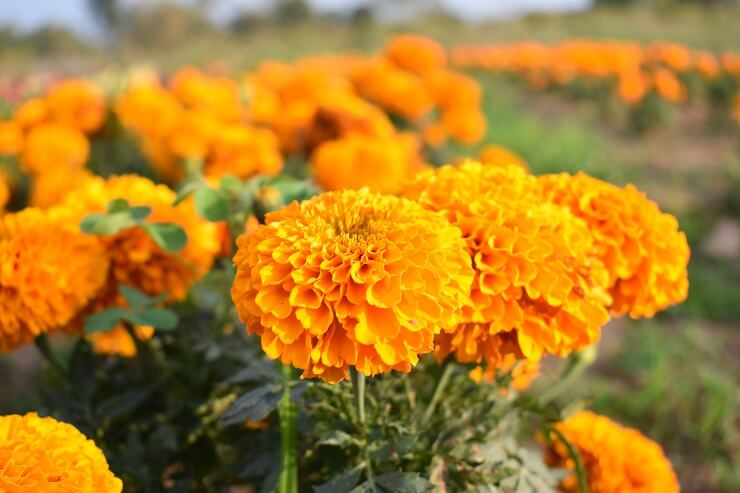
You might be wondering which foods make up a rabbit’s natural diet.
Wild rabbits enjoy a wide variety of plants that grow within easy reach. They will eat marigolds and other flowers if given the opportunity, so don’t be surprised if your pet bunny enjoys them, too!
At the same time, treat such as marigolds should make up a big part of your rabbit’s diet.
Instead, the main focus should be on fresh hay, which replaces the grasses that make up the bulk of a wild rabbit’s daily menu. Make sure your bunny always has hay – it should be available at all times.
Don’t worry if some of it ends up mixed with your rabbit’s bedding. This is completely normal!
Here’s what else to feed your rabbit on a daily basis:
- Give your rabbit a daily serving of high-quality rabbit food. The label will tell you exactly how much to feed your bunny based on their age and weight.
- Keep clean water available at all times. Rinse and refill your rabbit’s drinking bottle every day to ensure freshness.
- Each day, your rabbit can have about one cup of leafy greens plus a tablespoon of crunchy veggies per two pounds of bunny body weight. Rotate between different greens and veggies to prevent oxalates and calcium from building up in your bunny’s system.
- Offer your rabbit 1 teaspoon of fruit per 2 pounds of body weight per day, if you like. This is just a basic guideline: take a few moments to research each fruit for safety and recommended serving size.
Healthy food and clean water help your bunny feel good, but that’s not all your pet needs. Remember to keep your rabbit fully stocked with bedding so that their hutch stays clean, dry, and smelling fresh.
In addition, it’s up to us his pet parents to help our bunnies keep their teeth from becoming overgrown and painful. Don’t worry, it’s not difficult!
Just make sure that your rabbit always has access to chewable toys such as hay cubes, untreated softwood sticks, or slices of unbleached loofah. Constant nibbling doesn’t just help your rabbit’s teeth – it’s also important for good mental health.
What Are Other Healthy Alternatives To Marigolds In A Rabbit’s Diet?
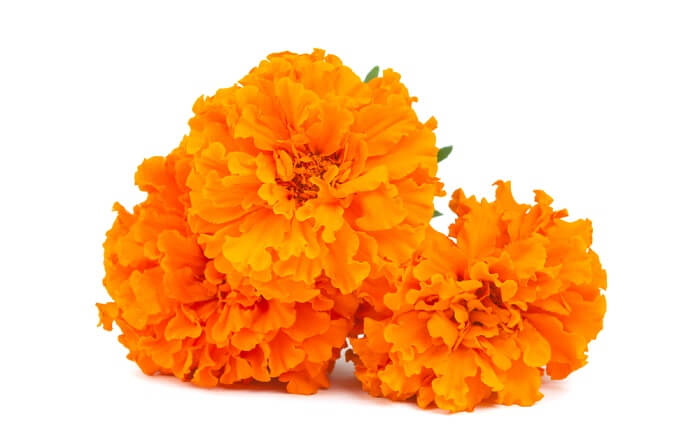
What if you don’t have the right kind of marigold for your rabbit – and hat if they try this treat and don’t like it?
Good news! There are lots of other fantastic treats that are great for your rabbit’s health.
Here are some to consider:
- basil
- cilantro
- carrot tops
- swiss chard
- beet greens
- radish tops
- spinach
- arugula
- romaine lettuce
- butter lettuce
- cabbage
- broccoli
- dandelion greens
- blueberry
- strawberry
- apple
- broccolini
- blackberry
- raspberry
- banana
- endive
- escarole
- fennel
- bok choy
- yu choy
- kale
- carrots
- bell peppers
Most rabbits really like all the veggies on this list. It’s definitely a start – but you might be surprised to discover that there are many other healthy fruits, veggies, and herbs to offer your rabbit.
Spend a few minutes researching each new addition to your rabbit’s diet to avoid anything that could be toxic and to make sure that you are offering the right amount of each food.
Enough research for now, though: It’s time for some fun! Try giving your rabbit marigold – remember, pot marigold or calendula only – and see how they respond!
Frequently Asked Questions
Is marigold safe for rabbits?
Yes, it's safe to give marigold to rabbits, so long as you have the right variety. Pot marigold – also known as calendula – is safe. Other types of marigold might cause irritation or be toxic, so they're really best avoided.
Can marigolds make my rabbit sick?
Yes – French marigold can cause irritation and marsh marigold can be toxic. If you want to give your rabbit marigold, stick to calendula only.






